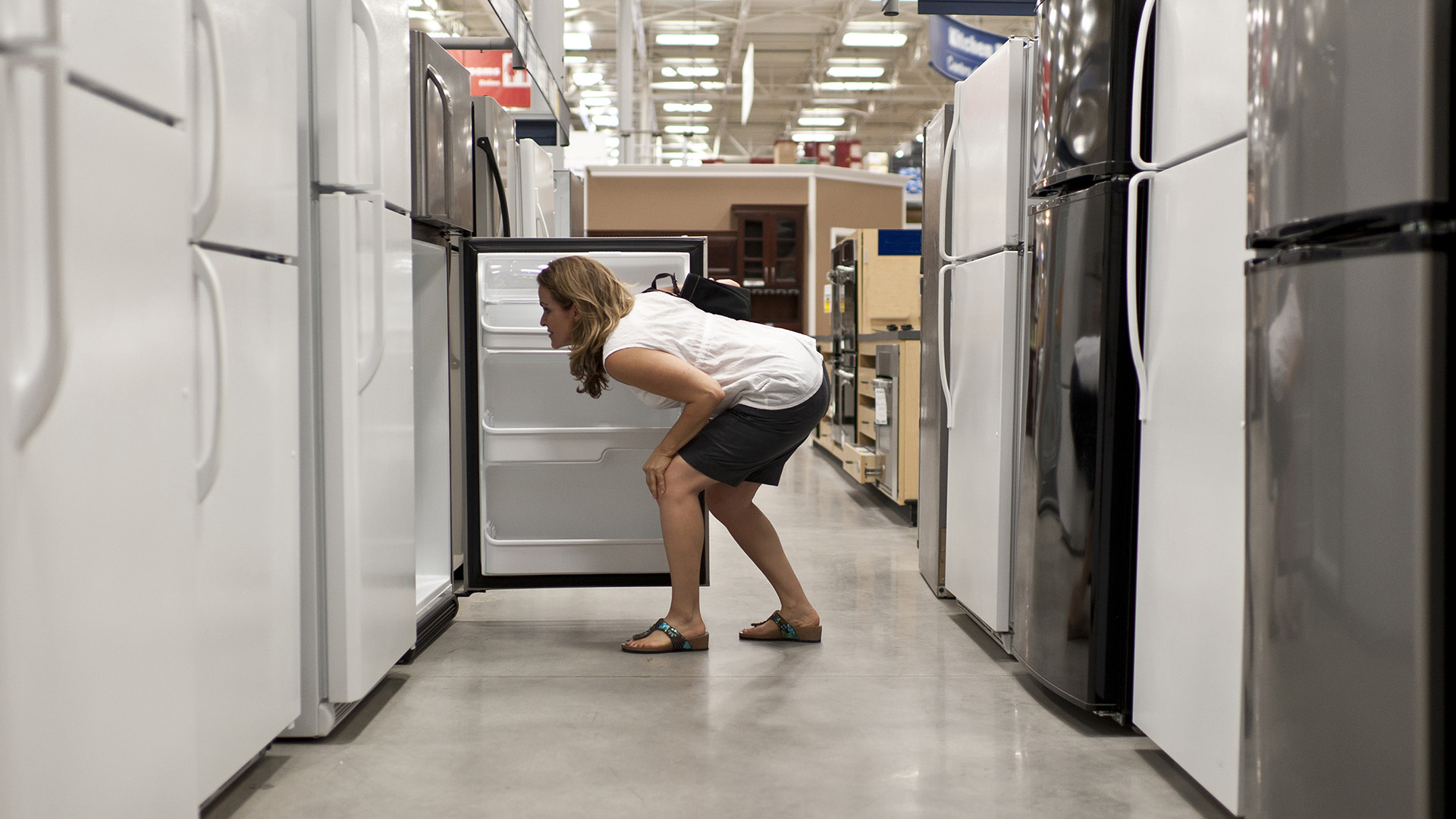As our country is embroiled in debates over energy, it’s important to remember – it’s not just what you use – it’s how you use it. Demonizing industries, their workers and pitting energy against the environment is easy, but it doesn’t solve anything.
Because everything is at our fingertips, we don’t even realize how much energy we use daily – or how. So what’s your solution? We suggest looking inside for this one. That’s because changing your lifestyle to be more energy efficient is a great opportunity for you to not only live a better life but save more money and help the environment. While most people want to help conserve energy, they rarely carry through with their intentions, never truly realizing just how much those changes could have benefited them in dozens of ways. Here are a few suggestions that can help put you on your way to living a more energy conscious lifestyle.
Tips for Conserving Electricity
One of the best things you can do for your electric bill is to replace your standard light bulbs with compact fluorescent (CFL) or LED light bulbs. At the very least, replace the most frequently used bulbs in your kitchen, living room, or home workspace. Florescent lights last as much as 12 times longer than regular light bulbs and they use less electricity to give off the same quality of light as incandescent bulbs. LED lights are a little brighter than CFL’s but they last three times longer. They are a little more expensive, but, in the long run, you’ll be saving more and reducing the waste that replacing bulbs creates.
Next, check on your appliances and make sure they’re all high-efficiency (HE) compliant. Products with the HE logo are more energy efficient than comparable appliances. So if you’re looking for new appliances, doing upgrades or purchasing a new home, look for the HE sticker and add this to the list of money you’ll be saving on your monthly bills.
There are also other easy things to do, like restricting your use of appliances and electrical equipment. Turn appliances off, when not in use, too. Even though the power indicator may be off, they can still draw power, if they remain plugged into a power strip or outlet. Unplugging them can ensure they won’t unnecessarily drain power. During the winter, turning your thermostat back 10° to 15° when you’re asleep or out, saves about 10% annually in heating costs.
In summer, instead of readjusting your thermostat, set it at a temperature that you will always feel comfortable. This will help ensure your electric bills stays lower all year long.
What You Can Do to Save on Both Your Water and Energy Bills
Between taking showers, washing dishes and clothes, lots of water and energy are being used. If you don’t live in an apartment where there is central heating for water, consider turning down the temperature of your water heater to the warm setting (120°). Water heating can account for 14-25% of the energy consumed in your home. Replacing old gas appliances can help too. Consider replacing these older units with newer ENERGY STAR water heaters or furnaces.
Speaking of warm water, if you don’t have a shower nozzle that can be “paused” or stopped without shutting the water off, this might be the time to invest in one. By pausing the shower’s water flow, as you soap up or shampoo your hair, you can have a huge impact on your water usage. You can also install a shower timer or set an alarm on your phone, so you can lessen your time under the water. Cutting your shower by just one minute will save 12,000 liters (3,170 gallons) of water along with the energy to heat it!
Look for Ways to Reduce Your Carbon Footprint
Do you know what your carbon footprint really is? Just a simple day of being at home consumes energy in various forms. Think about how much time you spend watching television, listening to music or surfing the web. How long does your phone stay plugged into the outlet even after it has a full charge? How often are you doing laundry or in the kitchen preparing meals and cooking? How often are you washing dishes? A leaky kitchen faucet or running toilet can waste up to 15 gallons of water per day. These little things add up.
By spending just one hour outdoors every day is another great way to reduce the impact of your carbon footprint. If you and your friends or family are outdoors, you won’t be burning up electricity or wasting gas and water. Many families have installed outdoor kitchens and take their meals outdoors whenever there’s good weather. Spending time outside won’t just reduce your bills, it will benefit your health as well. Just being outside has been shown to reduce stress, improve heart health, and elevate mood.
You can also, consider your commuting options. Can you take public transit or walk to your destination without creating an undue burden on yourself? If the answer is yes, do it. Walking not only helps reduce greenhouse gas emissions, but you’re giving your body more exercise. And public transit allows you to have some “me time” to read a book, listen to music or catch up on work.
It’s never easy to change, but making the effort can help you recognize the vast benefits of a new lifestyle. In most cases, you can support your own health just by working to help the environment. If that’s not enough of an incentive, think about the money you’ll be saving. Perhaps enough for an extra vacation every year.
